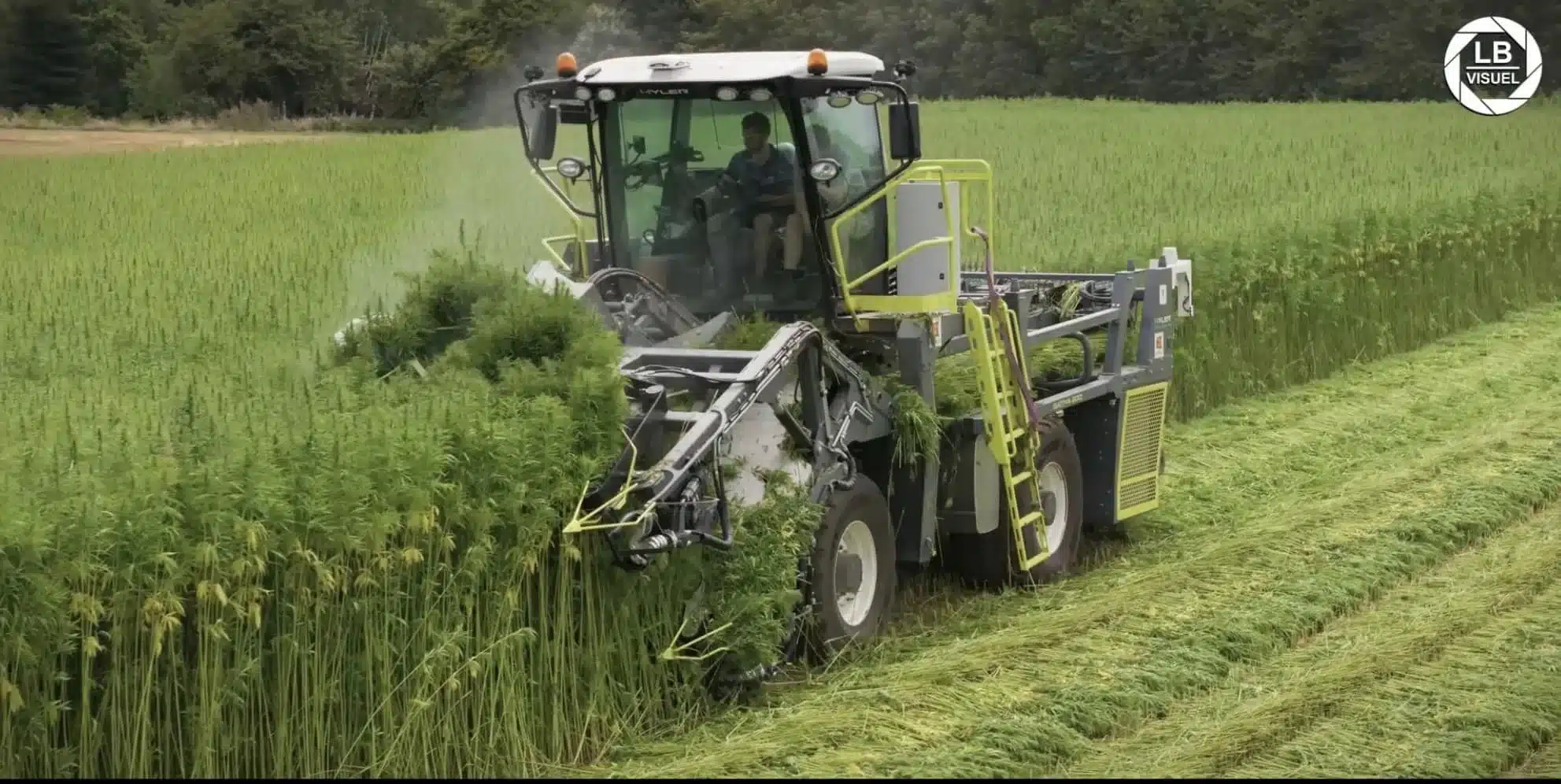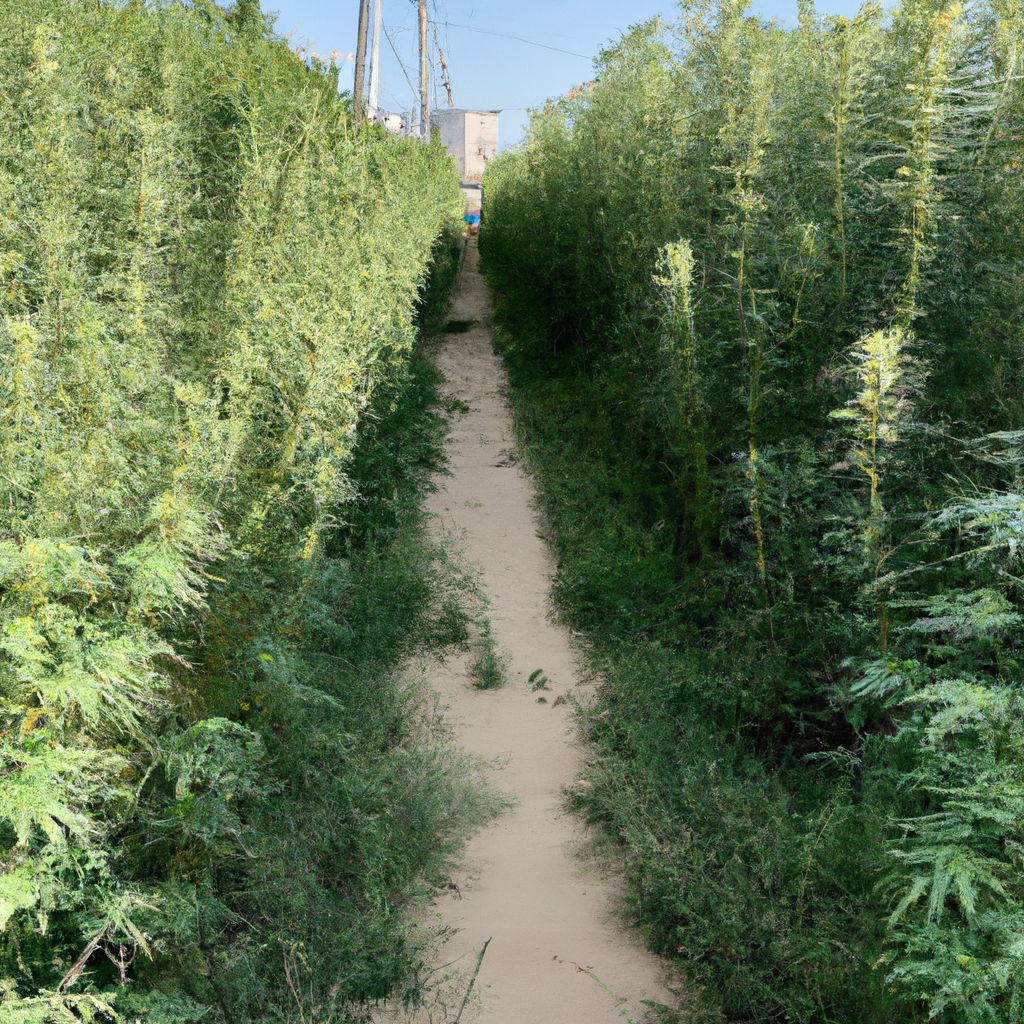
Hemp: A Decade of Transformation – From Prohibition to Progress
The past decade has witnessed a remarkable renaissance for hemp, the versatile and eco-friendly cousin of cannabis. Once demonized and restricted, hemp is now experiencing a surge in interest driven by its potential for a more sustainable and equitable future. This article explores the key trends that have shaped the hemp industry’s evolution in recent years.
From Cooperative Organization to Community Empowerment:
The hemp industry is increasingly characterized by cooperative structures. Farmers’ collectives, worker-owned cooperatives, and community-supported agriculture (CSA) models are gaining traction, fostering collaboration and fairer distribution of profits. This shift empowers local communities and promotes ethical sourcing practices.
Environmental Responsibility at the Forefront:
Hemp’s potential as a sustainable alternative is a major driver of its resurgence. Its rapid growth, low water footprint, and ability to bioremediate contaminated soil offer significant environmental benefits. Additionally, hemp products often replace resource-intensive materials like plastic, contributing to a circular economy.
Education: Cultivating Knowledge for a Brighter Future:
Open-source knowledge sharing and educational resources are flourishing within the hemp industry. Online platforms, workshops, and community forums are empowering individuals to learn about hemp cultivation, processing, and product development. This democratization of knowledge fosters innovation and wider adoption of hemp across various sectors.
Emancipating Creativity and Empowering Communities:
Hemp’s versatility is enabling a wave of creativity across industries. From sustainable textiles and bioplastics to innovative building materials and wellness products, hemp is fueling a revolution in design and manufacturing. This not only empowers creatives but also creates economic opportunities for local communities.
Self-Organization: Building a Collaborative Ecosystem:
The hemp industry is increasingly characterized by self-organization. Regulatory advocacy groups, industry associations, and certification bodies are being established through community initiatives. This self-directed approach allows the industry to define its own standards and advocate for responsible development.
Harmony Through Collaboration:
The rise of the hemp industry fosters a more collaborative approach to business. Competition coexists with collaboration, as stakeholders recognize the potential of shared knowledge and resource optimization. This focus on collaboration promotes a more harmonious business environment within the industry.
Economic, Ecological, and Social Progress:
The growth of the hemp industry presents exciting possibilities for economic, ecological, and social progress. It creates new job opportunities, promotes sustainable practices, and fosters social inclusion through fair trade practices and community-based models.
A Circular Future with Hemp:
Circular design principles are shaping the way hemp products are developed. The focus lies on using renewable resources, minimizing waste, and ensuring end-of-life product components can be repurposed or composted. This circular approach promotes environmental sustainability within the hemp industry.
Conclusion:
The past decade has seen the hemp industry shed its negative past and blossom into a beacon of hope for a more sustainable and equitable future. Through cooperative organization, environmental responsibility, and a focus on education and community empowerment, hemp offers the potential to create a more harmonious and prosperous future for all. As the hemp industry continues to evolve, its commitment to collaboration, circularity, and social inclusion will be key to unlocking its full potential for economic, ecological, and societal progress.






